#PeersInThePandemic
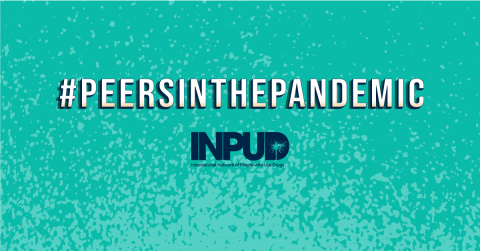
#PeersInThePandemic was a global campaign run by INPUD at the end of 2020 which called for reforms to harm reduction and treatment systems in light of the COVID-19 pandemic. Though the campaign has ended, our advocacy around COVID-19 remains ongoing. As such, we have left this page open so the resources and advocacy materials can still be used moving forward.
Click here to download the entire #PeersInThePandemic Campaign Advocacy Guide.
русский | Español | Italiano
Click here to access our DropBox folder with all campaign resources.
What is #PeersInThePandemic?
COVID-19 has exposed the failure of our health systems to adequately provide the services and care people need. As is too often the case in times of crisis, people who use drugs have been particularly at risk as harm reduction services have been closed, defunded or made inaccessible in a pandemic environment. This has been particularly troublesome on peer-led programmes as lockdown measures have increased the threat of criminalisation.
Despite these barriers people who use drugs have looked after each other during the pandemic, providing essential care and services to meet the needs of communities where the state is absent. Advocacy by peer-led groups has resulted in some states adopting harm reduction policies championed by the community for decades. As we continue to navigate the realities of a COVID-19 environment, it is imperative that these reforms are maintained and expanded during the remainder of the pandemic and beyond.
The five demands of our #PeersInThePandemic campaign were selected based on INPUD’s peer-driven research on the impacts of the pandemic on the health and rights of people who use drugs. Each week we will highlight a different demand by sharing calls for action and messaging over Facebook, Twitter and Instagram with the goal of influencing advocacy for these peer-driven demands by the broader drug policy and harm reduction communities.
Campaign Timeline
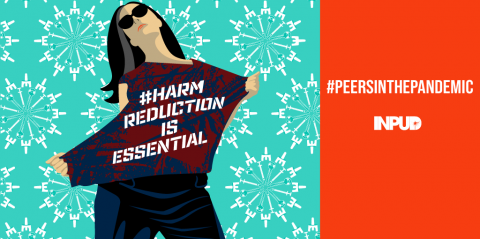
9-13 November, 2020
Demand 1 – Declare Harm Reduction as Essential
We demand that states firmly declare support for harm reduction programmes by declaring these services as essential, ensuring they remain open during lockdowns, and directing public health funding towards the maintenance, delivery and expansion of services.
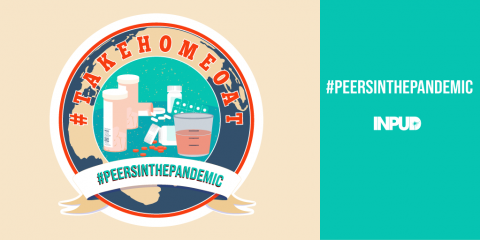
16–20 November, 2020
Demand 2 – Expand & Maintain OAT Take Home Doses
In response to the pandemic 47 countries have expanded take home OAT doses or delivery. As lockdown measures are lifted some states have rolled back these policies despite evidence showing they were an essential part of keeping people who use drugs safe and healthy during the pandemic. We demand take home OAT be adopted as an ongoing policy, and states which have yet to implement this should make it a priority.
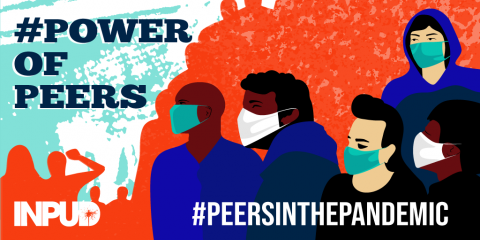
23-27 November, 2020
Demand 3 – Prioritise Peer-led Responses
Peers are central to the COVID-19 response in their communities. We call for the prioritisation of peer-led responses by directing funding towards harm reduction services led by peers as community members, and to facilitate peer secondary distribution for essential harm reduction supplies such as new injecting equipment, naloxone distribution and overdose prevention education, etc.
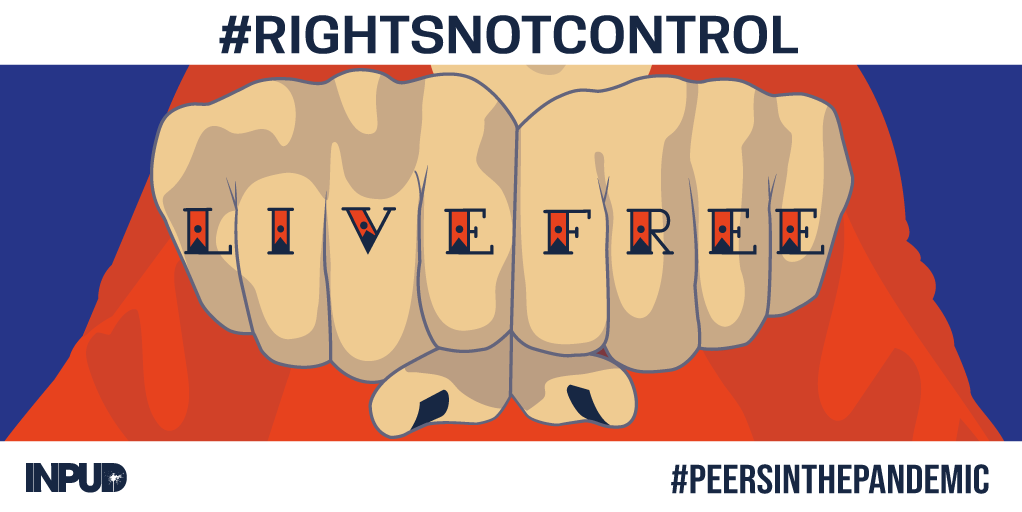
30 November – 4 December, 2020
Demand 4 – NO to Punitive Measures in Harm Reduction
For too long harm reduction programs have emphasized social control over the right to health. Punitive measures in harm reduction have restricted people from accessing services such as OAT. COVID-19 has shown these restrictions have always been unnecessary. We demand an end to compulsory urine testing, age limitations, HIV/HCV testing, non-consensual discharges, mandatory attendance, forced reductions, transfer refusals and other stigmatising & exclusionary practices in harm reduction.
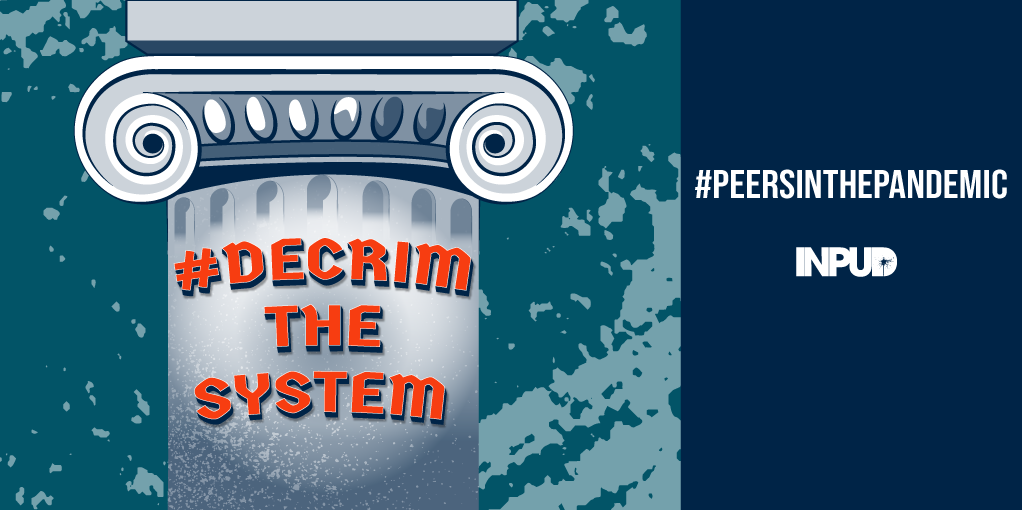
7-11 December, 2020
Demand 5 – Act on Decriminalisation
Acting on decriminalisation of drugs is necessary to ensure all other reforms are achievable and sustainable. COVID-19 has shown us the dangers of failing to do so; within a lockdown environment people who use drugs are forced to rely on an increasingly unsafe supply of drugs, put themselves at risk for exposure when buying/selling drugs, and have found themselves targets of police emboldened by emergency powers and acting on existing discrimination against peers.